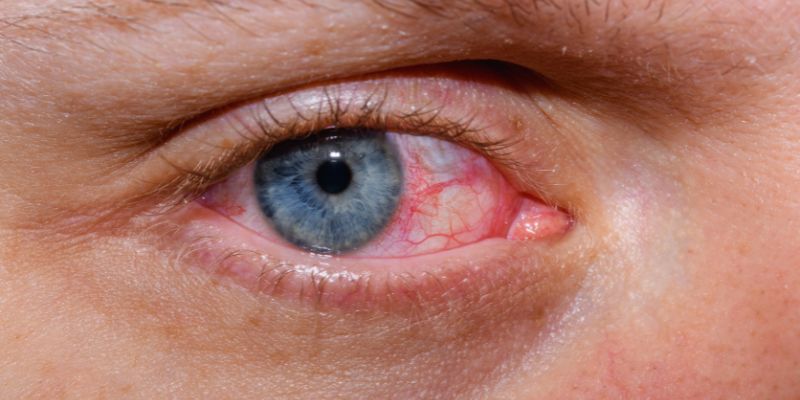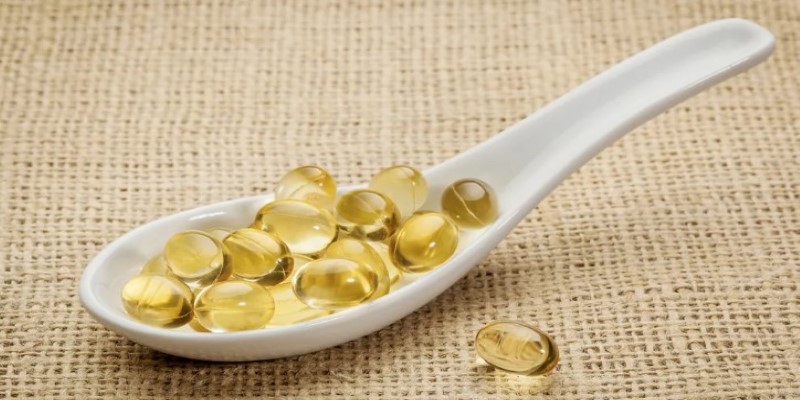Can Fish Oil Help Manage ADHD? A Look at the Latest Research
ADHD affects both children and adults and leads to difficulties with attention, hyperactivity, and impulse control. In recent years, omega-3 supplementation, particularly fish oil, has garnered interest as a potential aid for managing ADHD symptoms. Fish oil, rich in EPA and DHA, plays a critical role in supporting brain health, potentially improving cognitive function and behavior.
By 2024, research continues to explore the benefits of omega-3s for ADHD, with some studies showing promise when used alongside traditional treatments like medication or behavioral therapy. However, while beneficial, fish oil is not considered a cure for ADHD.
Understanding Fish Oil and Its Components
Fish oil is primarily composed of two key omega-3 fatty acids: eicosatetraenoic acid (EPA) and docosahexaenoic acid (DHA). These fatty acids are crucial for brain health and development. EPA is known for its anti-inflammatory properties, which help regulate mood and behavior, while DHA plays a structural role in maintaining healthy brain cell membranes and supporting neural communication. Together, EPA and DHA help promote better brain function, which is especially important for managing cognitive and behavioral issues associated with ADHD.
EPA helps regulate mood and reduce inflammation, while DHA is a key structural component of brain cells, crucial for overall brain health. Both are essential for the proper functioning of the nervous system and aiding neural communication. These omega-3 fatty acids are commonly found in fatty fish like salmon, mackerel, and sardines. They are also available as fish oil supplements, making them accessible to those who may not consume enough fish in their diet. Together, EPA and DHA support cognitive function and may help manage symptoms of conditions like ADHD.
The Link Between Omega-3 and ADHD
Omega-3 fatty acids, especially EPA and DHA, are essential for maintaining brain health, which is directly linked to ADHD symptoms. Research indicates that individuals with ADHD often have lower levels of these fatty acids. Omega-3s play a crucial role in enhancing neural communication, regulating mood, and supporting cognitive functions, all of which can help reduce symptoms like inattention, impulsivity, and hyperactivity.

EPA, in particular, is noted for its anti-inflammatory properties and ability to support neurotransmitter function, which can improve focus and behavior in individuals with ADHD. These findings highlight the potential of omega-3 supplementation, particularly from fish oil, as part of ADHD management. However, it is most effective when combined with other treatments, such as therapy or medication.
Fish Oil's Potential Benefits and Potential Side Effects for ADHD Symptoms
Fish oil, rich in omega-3 fatty acids, has been studied for its potential benefits in managing ADHD (Attention Deficit Hyperactivity Disorder) symptoms. Heres an overview of its benefits and potential side effects:
Fish Oil's Potential Benefits for ADHD Symptoms:
Research into the use of fish oil for ADHD shows promising, yet mixed, results. Some studies have highlighted significant improvements in ADHD symptoms after consistent omega-3 supplementation, particularly when higher doses of EPA were used. Children and adults who took fish oil supplements reported better focus, fewer impulsive behaviors, and even improved academic performance. This is likely due to the role omega-3s play in enhancing brain cell communication and supporting the development of neural pathways that regulate attention and behavior.
A key benefit of fish oil, compared to traditional stimulant medications for ADHD, is that it is considered safe and well-tolerated. For many, fish oil is viewed as a complementary treatment rather than a replacement for medication. This makes it a popular option for those looking for natural ways to manage their symptoms, particularly for parents who prefer to avoid medication for their children.
Considerations and Potential Side Effects
While fish oil is generally safe, some individuals may experience mild side effects such as nausea, digestive issues, or a fishy aftertaste. Its also essential to source high-quality fish oil supplements to avoid contaminants like mercury. For those who prefer not to take supplements, eating fatty fish such as salmon, mackerel, or sardines can also provide a good amount of omega-3s.
Another consideration is dosage. Most studies recommend doses ranging from 1000 mg to 2000 mg of combined EPA and DHA daily for those with ADHD. However, finding the right balance between EPA and DHA is crucial, as too much DHA relative to EPA might not yield the desired benefits.
Current Research in 2024
In 2024, research on the effects of fish oil on ADHD continues to show varied results. Some studies and meta-analyses suggest moderate improvements, especially in reducing inattention and improving behavior, particularly when using higher doses of EPA relative to DHA. However, the precise balance of these fatty acids remains unclear, and more research is needed to define the most effective dosage. For children, a higher EPA-to-DHA ratio appears more beneficial, but supplement plans should be personalized by consulting healthcare providers.

While fish oil shows potential in reducing ADHD symptoms, it is not a standalone solution. Experts recommend using it alongside other treatments, such as behavioral therapy or medication, for the best results. Combining fish oil with traditional approaches ensures a more comprehensive and effective management strategy, addressing various aspects of ADHD, from behavior to cognitive function.
Conclusion
Fish oil holds promise for those managing ADHD, especially in terms of supporting brain health and alleviating some symptoms like inattention and impulsivity. While its not a standalone treatment, fish oil is a valuable addition to a holistic ADHD management plan that may include behavioral therapy and medication.
As research continues to evolve in 2024, it's clear that omega-3 fatty acids from fish oil play a vital role in optimizing brain function, making it a helpful tool for many individuals with ADHD. Always consult with a healthcare professional before starting any supplement, especially for children.












